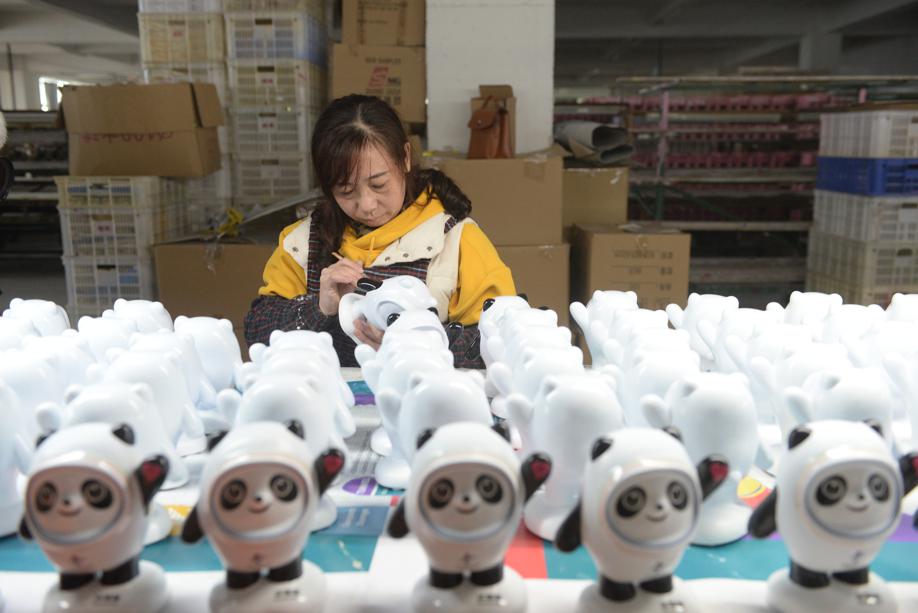
Though the warm, coastal eastern province of Fujian seems an odd fit for ice and snow sports, many of its state-of-the-art technologies are being used at the ongoing Beijing 2022 Winter Olympics.
Hand-made porcelain versions of Bing Dwen Dwen and Shuey Rhon Rhon, mascots for the Games, are from Dehua county of Quanzhou and have been selling out in droves. Dehua, now a major porcelain manufacturer, began exporting porcelain products along the maritime Silk Road as early as the Song Dynasty (960-1279).
Racing suits for Chinese short-track speed skating athletes, featuring advanced designs to reduce air drag and cut weight, helped Team China win its first gold medal of the Games on Feb 5.
The producer of the suits, Fujian-based athletic wear giant Anta Sports, provides equipment for 12 teams for Chinese athletes in 15 events, including speed skating and skeleton. The company is also a Beijing 2022 sponsor.
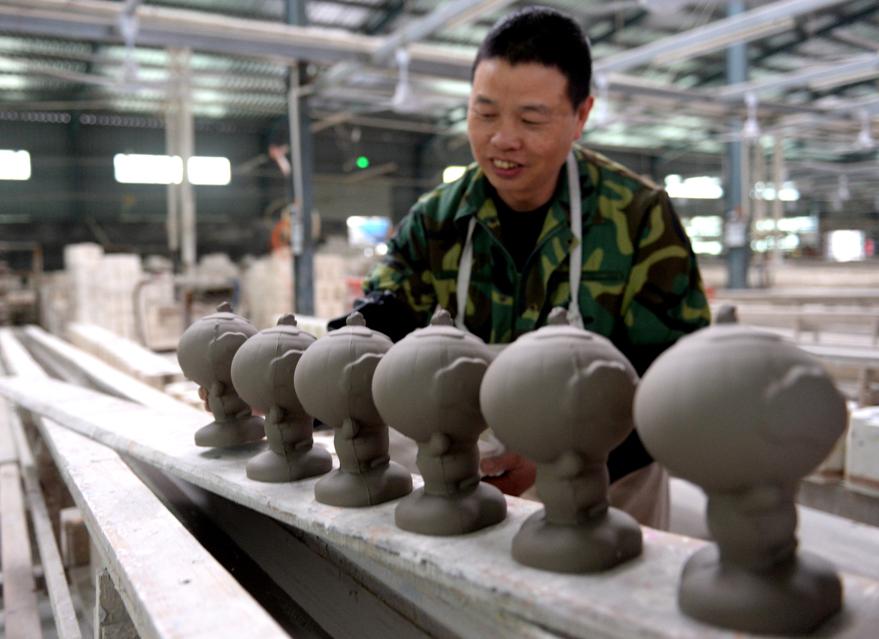
Zhu Chenye, vice-president of Anta, said the company has increased investment into developing Olympics equipment to "tackle key and challenging technological problems". The award ceremony costumes, for example, can keep athletes warm at -20 C, Zhu said.
The ammonia liquid separators used in the National Biathlon Center and the National Sliding Center in the Yanqing competition zone produce ice and maintain low temperatures at the racing tracks. They're a product of Snowman Group in Fujian.
The province supports the Games with over 30 technologies in various sectors such as equipment, souvenirs, venues, services and public security.
That also includes cold chain logistics ultraviolet light disinfection machines that can complete a disinfection within five seconds, robots measuring body temperature for participants and reminding them to wear face masks, as well as mobile nucleic acid testing laboratories.
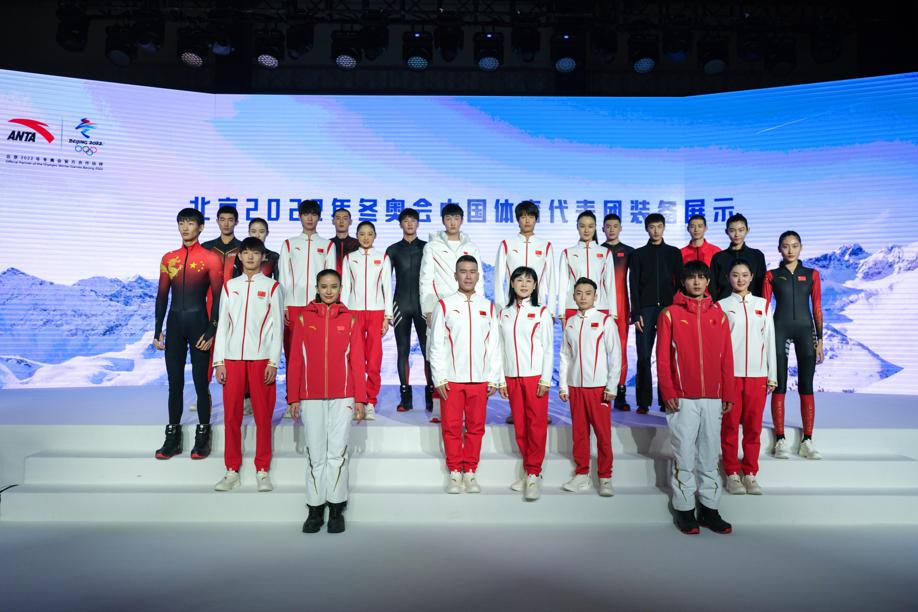
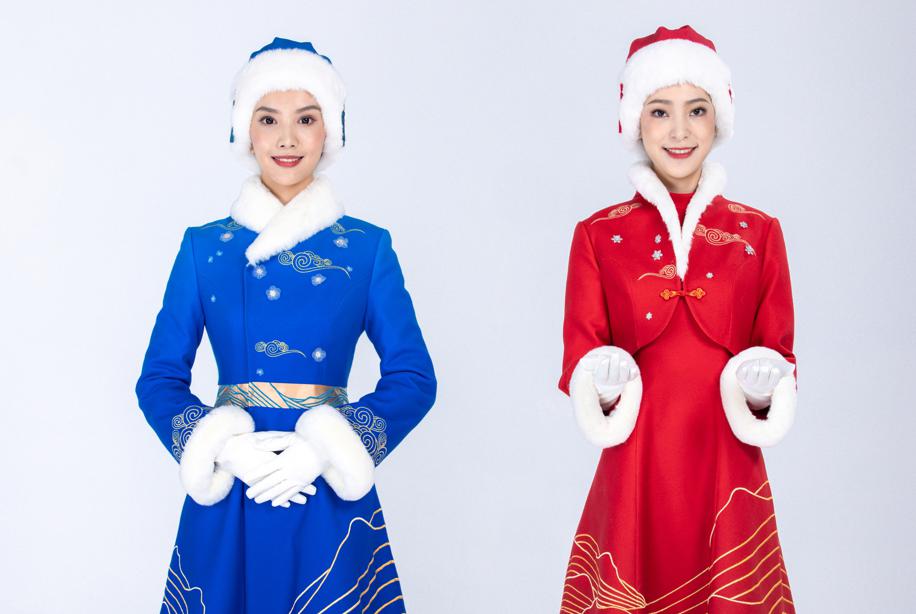
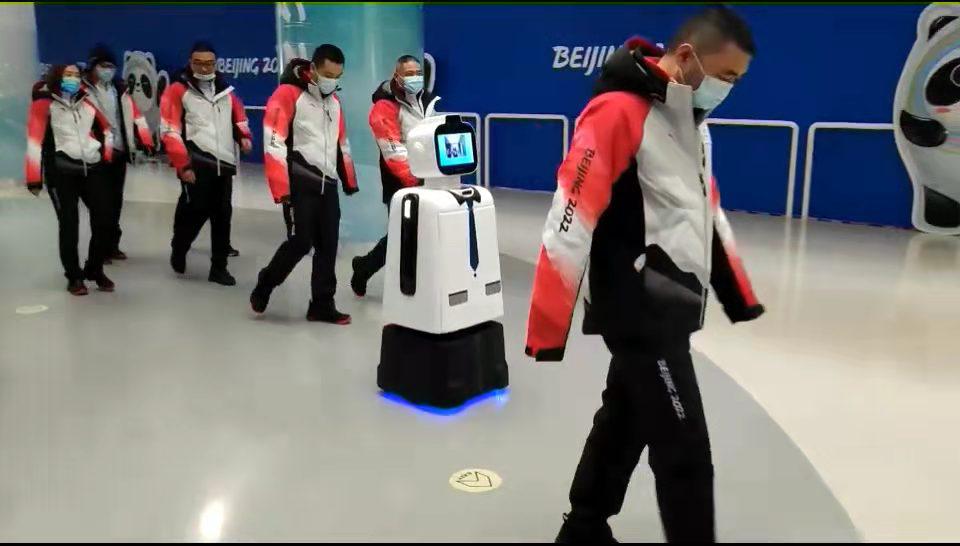 East China's Fujian province supports the Beijing 2022 Winter Olympics with over 30 technologies in various sectors such as equipment, souvenirs, venues, services and public security. [Photo provided to chinadaily.com.cn]
East China's Fujian province supports the Beijing 2022 Winter Olympics with over 30 technologies in various sectors such as equipment, souvenirs, venues, services and public security. [Photo provided to chinadaily.com.cn] 扫一扫在手机上查看当前页面



 福州市科学技术局
福州市科学技术局 网站首页
网站首页 政务公开
政务公开 解读回应
解读回应 办事服务
办事服务 互动交流
互动交流 闽公网安备:
闽公网安备:


